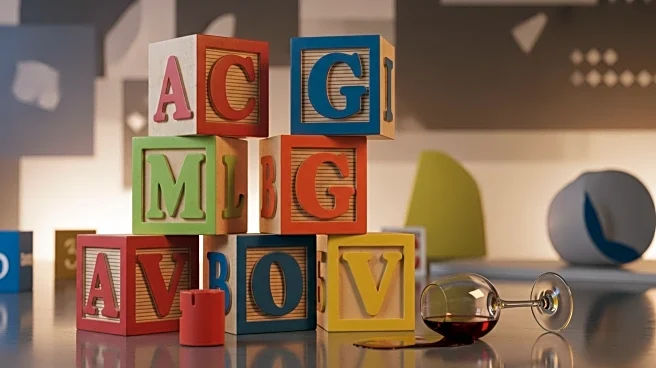What is the story about?
What's Happening?
The Ig Nobel prizes, which celebrate unusual scientific achievements, recently awarded a peace prize to a study examining the relationship between alcohol consumption and language proficiency. The study, conducted by Dr. Fritz Renner and his team at the University of Freiburg, investigates whether alcohol can enhance conversational abilities in a foreign language or merely boost confidence. The research has sparked interest due to its humorous yet thought-provoking nature, aligning with the Ig Nobel's mission to make people laugh and then think.
Why It's Important?
This study highlights the intersection of psychology, linguistics, and social behavior, offering insights into how alcohol might influence cognitive functions related to language. While the findings may not have immediate practical applications, they contribute to a broader understanding of how substances can affect mental processes. The research also underscores the importance of examining everyday phenomena through a scientific lens, potentially influencing future studies in cognitive psychology and language acquisition.
Beyond the Headlines
The study raises ethical questions about the use of alcohol as a cognitive enhancer and its potential implications for social interactions and language learning. It also prompts discussions about the cultural perceptions of alcohol and its role in social settings. Long-term, this research could inspire further exploration into non-traditional methods of language learning and the psychological effects of alcohol consumption.















